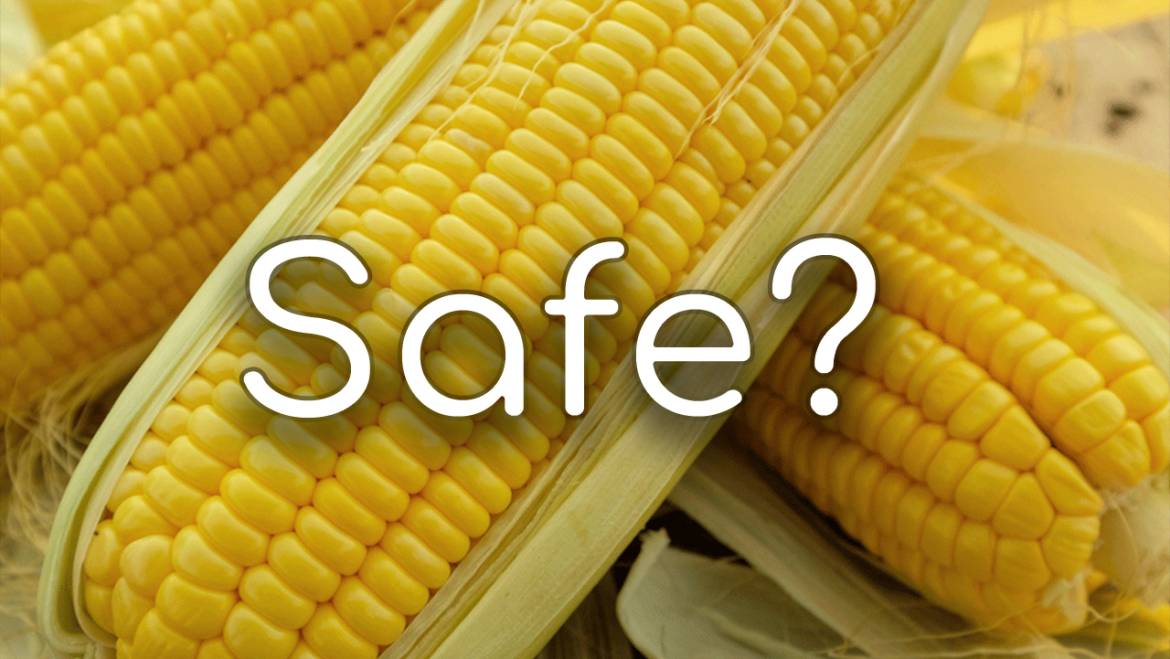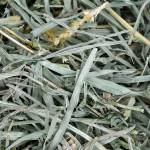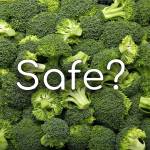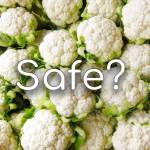Chinchillas are adorable, fluffy creatures that make great pets for animal lovers. As a responsible pet owner, it’s essential to provide your chinchilla with a healthy diet that meets their nutritional needs. However, with so many conflicting opinions on what chinchillas can and cannot eat, it can be challenging to know what to feed them. One common question that chinchilla owners ask is, “Can chinchillas eat corn?” In this article, we’ll explore this topic in-depth and provide you with all the information you need to make an informed decision about feeding corn to your chinchilla.
What is Corn?
Corn is a type of grain that is commonly used in human and animal diets. It’s a good source of carbohydrates, fiber, and certain vitamins and minerals, making it a popular choice for many pet owners. Corn is available in many forms, including fresh, frozen, canned, and dried, and it can be cooked or raw.
Can Chinchillas Eat Corn?
The answer to this question is yes and no. While chinchillas can technically eat corn, it’s not the healthiest food choice for them. Corn is high in starch and sugar, which can cause digestive problems and obesity in chinchillas if fed in excess. Additionally, corn is low in protein and lacks essential nutrients that chinchillas need to maintain their health. Therefore, corn should be considered a treat rather than a staple food in a chinchilla’s diet.
Benefits of Feeding Corn to Chinchillas
While corn should not be a significant part of a chinchilla’s diet, there are some benefits to feeding it in moderation. Corn is a good source of carbohydrates, which can provide your chinchilla with a quick burst of energy. It’s also high in fiber, which can help regulate their digestive system and prevent constipation.
If you decide to feed your chinchilla corn, it’s essential to do so in moderation. A small amount of fresh, cooked corn once or twice a week can be a healthy treat for your chinchilla. However, you should avoid feeding them corn on a daily basis or in large amounts.
Risks of Feeding Corn to Chinchillas
Feeding corn to chinchillas comes with some risks that you should be aware of. Corn is high in starch and sugar, which can cause digestive problems and obesity in chinchillas if fed in excess. Additionally, corn is low in protein and lacks essential nutrients that chinchillas need to maintain their health.
Chinchillas are also prone to dental problems, and feeding them foods high in sugar and starch can increase their risk of dental issues. Corn kernels can also get stuck in your chinchilla’s teeth, which can cause pain and discomfort.
If you do decide to feed your chinchilla corn, it’s essential to do so in moderation and to monitor their health for any signs of digestive problems or dental issues.
Healthy Alternatives to Feeding Your Chinchilla Corn
While corn can be a healthy treat for chinchillas in moderation, there are many other healthy foods that you can feed them that provide more nutritional benefits. Some examples of healthy foods that chinchillas can eat include:
- Hay: Timothy hay should make up the majority of your chinchilla’s diet. It’s high in fiber, which promotes good digestive health and keeps their teeth healthy.
- Pellets: Chinchilla pellets are specially formulated to meet your pet’s nutritional needs. They contain essential vitamins and minerals, and they’re an excellent source of protein.
- Vegetables: Chinchillas can eat a variety of vegetables, including carrots, kale, and spinach. However, it’s important to introduce new vegetables slowly and in small amounts to avoid digestive upset.
- Fruits: Chinchillas can also eat some fruits, including apples, bananas, and berries. However, fruits should also be fed in moderation due to their high sugar content.
In conclusion, chinchillas can technically eat corn, but it’s not the healthiest food choice for them. While corn is a good source of carbohydrates and fiber, it’s high in sugar and lacks essential nutrients that chinchillas need to maintain their health. If you decide to feed your chinchilla corn, it’s essential to do so in moderation and to monitor their health for any signs of digestive problems or dental issues.
There are many healthy alternatives to corn that you can feed your chinchilla, including hay, pellets, vegetables, and fruits. These foods provide essential nutrients and are less likely to cause digestive problems or other health issues.
Remember, as a responsible pet owner, it’s essential to provide your chinchilla with a healthy diet that meets their nutritional needs. By doing so, you can help ensure that your pet chinchilla lives a long and happy life.







